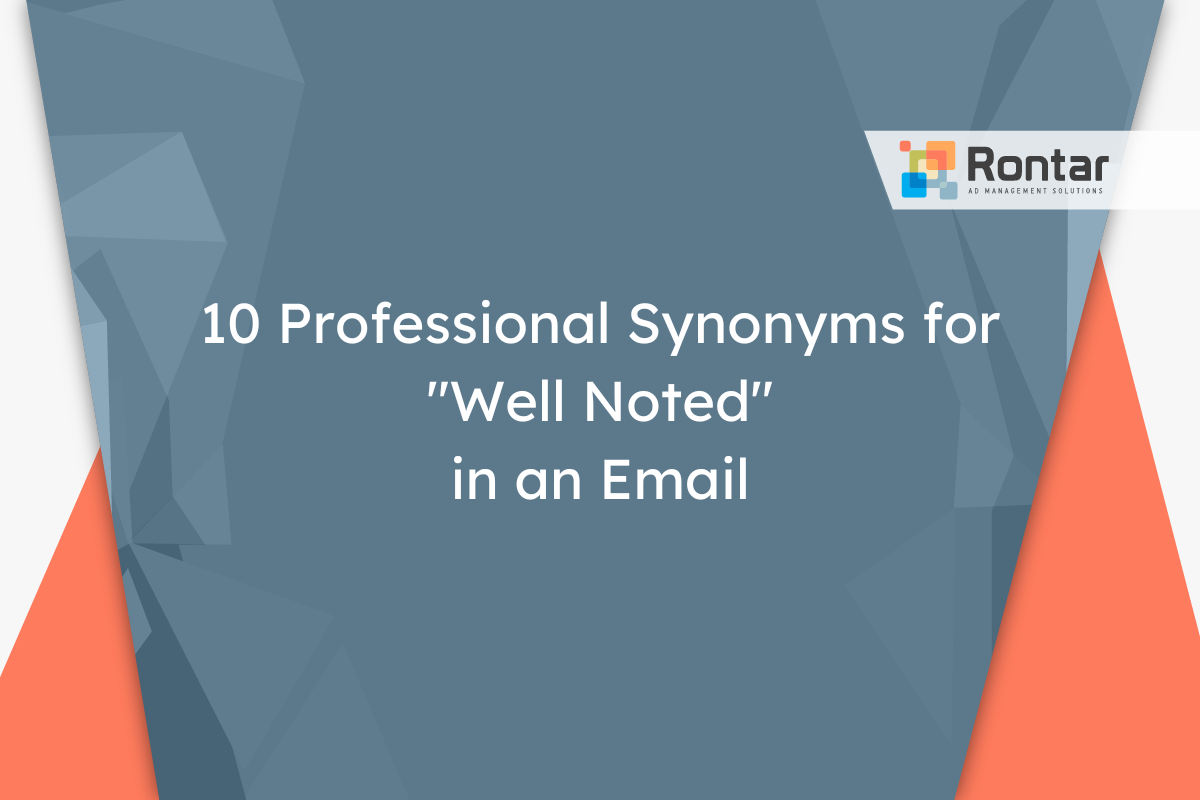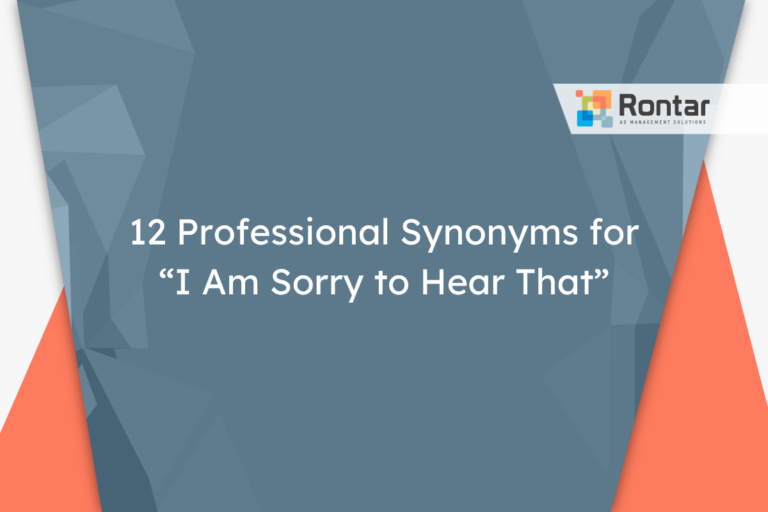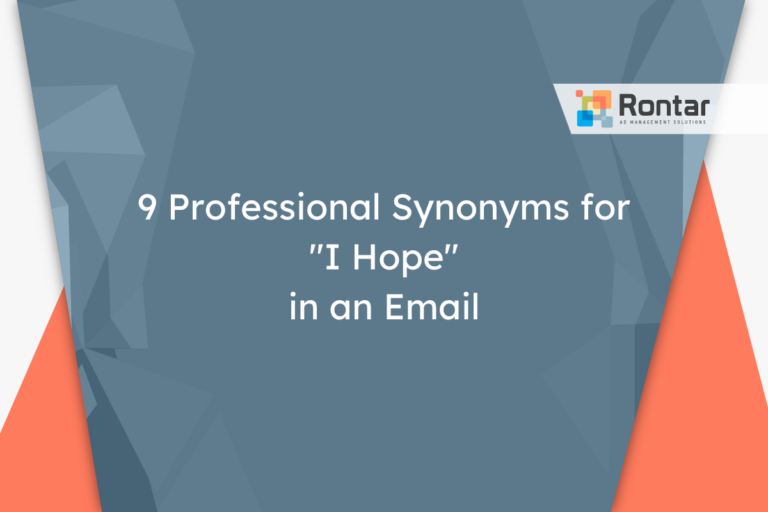10 Professional Synonyms for “Well Noted” in an Email

Communicating effectively in professional emails is key to maintaining smooth workplace relationships. Often, we need different ways to say “well noted” to acknowledge received messages.
This article lists ten professional alternatives to “well noted,” helping you choose the right phrase for the right situation.
Is It Professional to Say “Well Noted”?
The phrase “well noted” is considered professional, formal, and polite. Using “well noted” in your communication implies that you have received the information provided and acknowledge its importance or relevance. It’s especially useful in workplace emails where clarity and acknowledgment of messages are necessary.
However, the ideal situation to use this phrase is during professional exchanges where you want to assure the sender their message has been seen and understood. This might be after receiving instructions, important information, or feedback.
Here’s a short example of how it can be used in an email:
Hi Alex, Well noted, I will review them and get back to you with any questions or comments by Wednesday at the latest. Best regards, Emily
Let’s weigh the pros and cons of using “well noted” in communication.
Pros:
- It’s concise and to the point.
- Conveys acknowledgment and understanding.
- Professional tone suitable for workplace emails.
Cons:
- Can be perceived as too formal or impersonal in more casual settings.
- Overuse might make it seem like a reflex rather than genuine acknowledgment.
While “well noted” is a useful phrase in many professional contexts, some might feel the need to use an alternative phrase. This could be due to a desire to add variety to their language, to sound less formal, or to personalize their response more. Finding synonyms or alternatives can help tailor your emails to match the tone and relationship you maintain with the receiver. Using different phrases can keep your communication engaging and thoughtfully considered.
10 Other Ways to Say “Well Noted” in an Email
Switching up how you acknowledge messages can keep your email replies fresh and engaged. Here are ten professional alternatives to “well noted” you might consider using:
- Noted
- Understood
- Duly noted
- Noted with thanks
- Acknowledged with thanks
- Thank you for bringing this to my attention
- I understand
- Message received
- Got it
- Your input is greatly appreciated
1. Noted
Compared to “well noted,” “Noted” is more concise and has a slightly more informal tone. It conveys a similar level of acknowledgment without implying an assessment of the content’s importance. This synonym is better suited for quick, day-to-day email exchanges where brevity is valued and the context doesn’t demand extra formality.
Here’s a sample on how you might use “Noted” in an email:
Hi Carl, Noted. I'll adjust the work schedule accordingly. Best, Sophia
2. Understood
“Understood” shifts the focus slightly from acknowledging receipt to confirming comprehension. This alternative suggests a professional and polite tone and is especially useful when you want to emphasize your grasp of the information shared. It’s particularly fitting for emails where instructions or requests are involved.
Below is an example showcasing “Understood”:
Hello Keith, Understood. I'll start implementing them today. Regards, Emma
3. Duly noted
“Duly noted” adds a touch of formality compared to “well noted” and conveys that the message has been noted with the proper attention it deserves. It’s an excellent alternative for more formal exchanges or when you wish to show added respect or seriousness towards the content received. It’s beneficial in environments where acknowledging specific instructions or feedback with a formal tone is necessary.
For an example of using “Duly noted” in context:
Hello Susan, Duly noted. I will submit the updated version by the end of this week. Sincerely, Mark
4. Noted with thanks
This phrase combines acknowledgment with gratitude, making it warmer and more personal than “well noted.” “Noted with thanks” is both polite and professional, ideal for responding to messages where the sender has provided helpful information or completed a task for you. It’s more suited for collaborative settings where expressing appreciation is encouraged.
Here’s how you might use “Noted with thanks” in an email:
Hi June, Noted with thanks, I appreciate you sending over the contract modifications so quickly. Best, Leon
5. Acknowledged with thanks
Like “Noted with thanks,” “Acknowledged with thanks” is both polite and professional, adding a layer of appreciation. This choice is particularly effective when wanting to emphasize the acknowledgment part of your response. Use this synonym when replying to messages that required more effort from the sender, validating their work or input respectfully.
An example of “Acknowledged with thanks” in action:
Hi Mara, Acknowledged with thanks for the detailed briefing. It's exceedingly helpful. Warm regards, Tyler
6. Thank you for bringing this to my attention
This alternative goes beyond simple acknowledgment to explicitly express gratitude, making it significantly more polite and somewhat more formal. It’s best used in circumstances where the information received was unexpected but necessary, acknowledging the sender’s effort in sharing it. This synonym is excellent for fostering a positive, appreciative communication culture.
A sample email could look like this:
Hi Brett, Thank you for bringing this to my attention. I wasn't aware of the issue and will address it immediately. Kind regards, Hailey
7. I understand
“I understand” is a direct and professional way to communicate that not only has the message been received, but its contents have been fully comprehended. This alternative is particularly suitable when responding to instructions or explanations, reassuring the sender that you are on the same page.
Here’s a way to incorporate “I understand” in your reply:
Hello Vanessa, I understand the new project deadlines and will adjust my schedule accordingly. Best wishes, Derek
8. Message received
This phrase is straightforward and leans towards the informal side. “Message received” is a clear way to indicate that you’ve gotten the email without diving into specifics. It’s best employed in less formal contexts or within teams that prioritize concise communication.
An example of its use might be:
Hey Alex, Message received. I'll get on it right away. Cheers, Jenna
9. Got it
A very casual alternative, “Got it” is the most informal option among these synonyms. It suits internal team communications where there’s familiarity and less need for formality. While brief, it reassures the sender that you’re on top of the request or update.
For instance, using “Got it” could look like:
Hi Blake, Got it, I'll see you at the meeting tomorrow then. Take care, Lori
10. Your input is greatly appreciated
This phrase not only acknowledges receipt of the message but also values the sender’s contribution, making it both polite and professional. It’s an excellent choice for emails where responsiveness and appreciation are key. Use this when you want to underscore the importance of the team’s or individual’s input in a cooperative effort.
Here’s an example:
Hi Kim, Your input is greatly appreciated, and will be considered in our next strategy meeting. Thank you, Roger
Final Thoughts
Finding the right words to acknowledge emails professionally can make a big difference in your communication. The ten alternatives to “well noted” we explored provide you with choices from formal to informal, allowing you to adapt based on the situation and the message you want to convey.
Remember, the goal is to make the receiver feel their message has been truly considered. So, next time you draft an email, consider these options to keep your responses fresh and meaningful.






